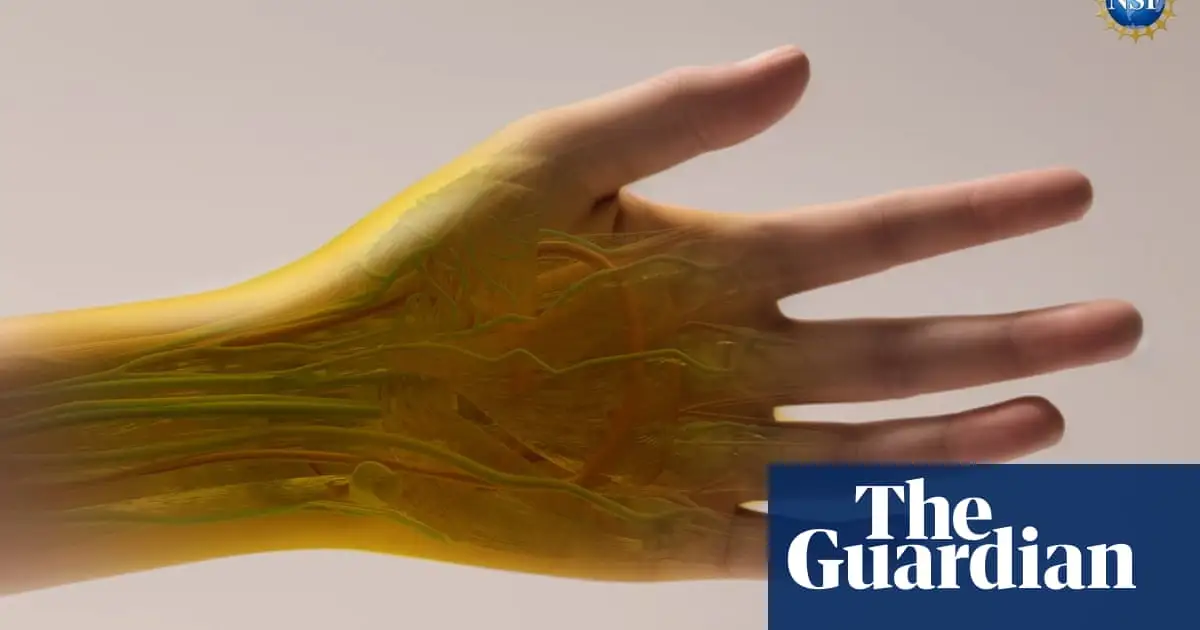- cross-posted to:
- forskning_videnskab
- cross-posted to:
- forskning_videnskab
Researchers say procedure not yet tested on people could eventually be used to help locate injuries or tumours
Researchers have peered into the brains and bodies of living animals after discovering that a common food dye can make skin, muscle and connective tissues temporarily transparent.
Applying the dye to the belly of a mouse made its liver, intestines and bladder clearly visible through the abdominal skin, while smearing it on the rodent’s scalp allowed scientists to see blood vessels in the animal’s brain.
Treated skin regained its normal colour when the dye was washed off, according to researchers at Stanford University, who believe the procedure opens up a host of applications in humans, from locating injuries and finding veins for drawing blood to monitoring digestive disorders and spotting tumours.



The dye in question is tartrazine/Yellow 5
I like to look up stuff, even if I’m not remotely qualified to understand the results.
Tartrazine induces structural and functional aberrations and genotoxic effects in vivo
Is tartrazine really safe? In silico and ex vivo toxicological studies in human leukocytes: a question of dose
My (thin) grasp of things is that even though it’s a food additive, it’s not heavily studied, and not at higher doses, but the two studies above don’t paint a great picture. And slathering it on your skin is definitely more than you’d come into contact with than what’s needed to color food.
So, yeah - not a parlor trick I’d do to gross out my friends.